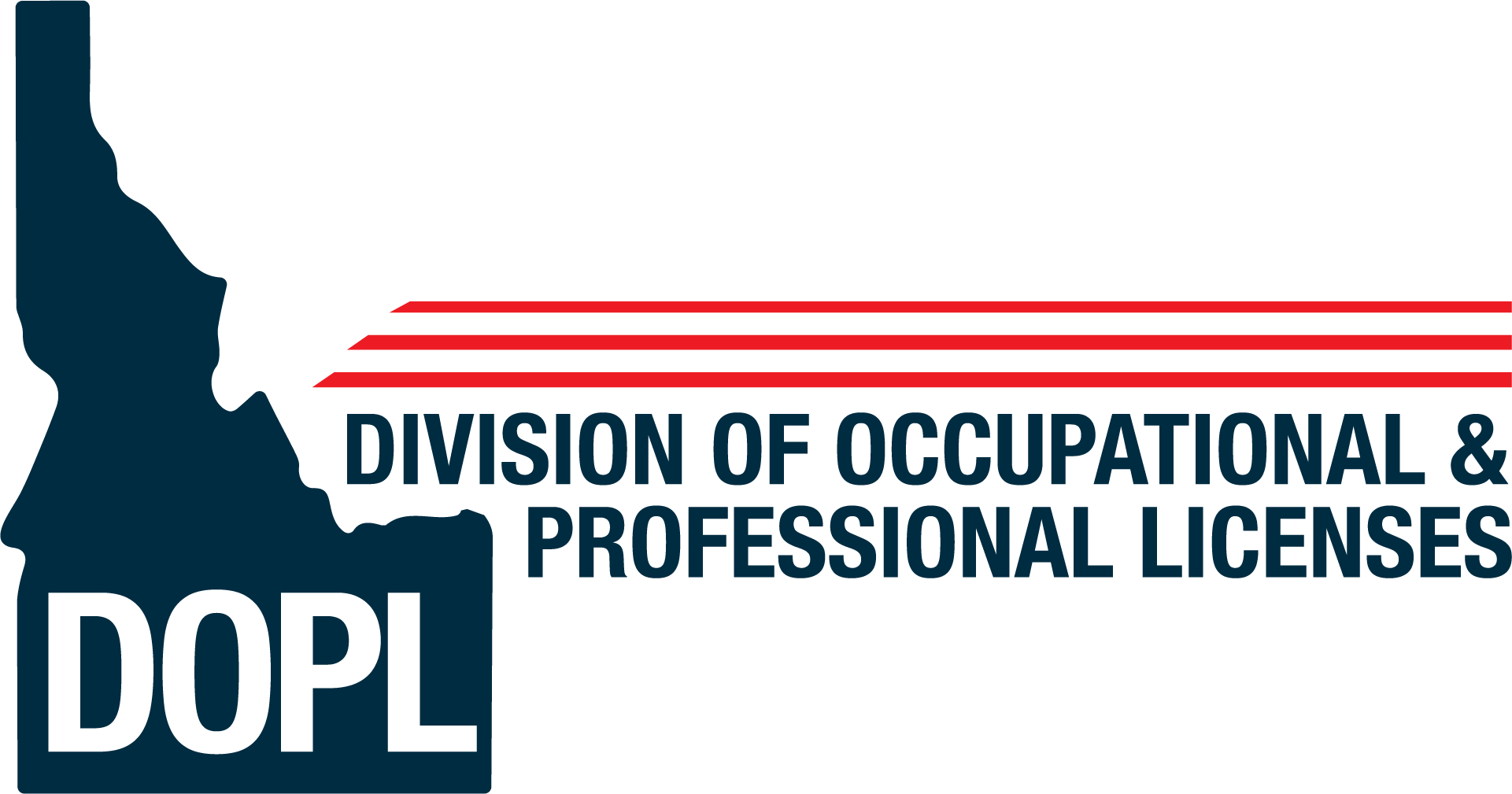Search Cateogry: Drinking Water and Wastewater Professionals
American Water Works Association (AWWA)
Pacific Northwest Clean Water Association (PNCWA)
Affiliated with the National Water Environment Federation
California State University-Sacramento, Office of Water Programs
6000 J Street
Sacramento, CA 95819-6025
Telephone: (916) 278-6142
Fax: (916) 278-5959
Email: wateroffice@csus.edu
(Study materials for drinking water and wastewater licensure examinations.)
U.S. Environmental Protection Agency (EPA)
Office of Water/Wastewater Management
Outreach Program Coordinator
Boise State University
Telephone: 208-426-4751
Rural Community Assistance Corporation
Joni Johnson, PE
Phone 208-734-2173
P. O. Box 5079
Twin Falls, ID 83303
Idaho Department of Environmental Quality (DEQ)
State Office
1410 N. Hilton
Boise, ID 83706
Telephone: (208) 373-0502
http://www.deq.idaho.gov/assitance-resources/conference-trainings/
Idaho Environmental Health Association (IEHA)
Southeast District Health Department
Telephone: (208) 236-6160
Idaho Rural Water Association (IRWA)
6395 W. Gowen Rd,
Boise, ID 83709
Telephone: (208) 343-7001 or (toll-free) 1-800-962-3257
Fax: (208) 343-1866
E-mail: ahummer@idahoruralwater.com
(Training on operation and management of drinking water and wastewater systems.)
Phone: 1-844-927-2846
E-mail: info@zarathom.com
Public Health Districts of Idaho
- Health District 1 (Panhandle)
- Health District 2 (North Central)
- Health District 3 (Southwest)
- Health District 4 (Central)
- Health District 5 (South Central)
- Health District 6 (Southeastern)
- Health District 7 (Eastern)
(Information and training on drinking water and wastewater issues.)
Training & Information Links For Backflow Education
HR2Inc (Northwest Backflow Educators)
4677 Windward Ct
Garden City, ID 83714
Phone: 208-869-6335
https://www.northwestbackflow.com/
Stacy Stuart
Phone: (208) 761-0433
Email: stacy.stuart@suez-na.com
Idaho Rural Water Association (IRWA)
6395 W. Gowen Rd,
Boise, ID 83709
Telephone: (208) 343-7001 or (toll-free) 1-800-962-3257
Fax: (208) 343-1866
E-mail: ahummer@idahoruralwater.com
BAT & Supply
Backflow Assembly Testing & Supply LLC
Providing Backflow Tester Certification (ABPA)
Providing Idaho Backflow Refresher training P.O. Box 359
Tetonia, ID 83452
855 456 2287 TOLL FREE
208 456 2287 office
208 221 6988 cell
Email: info@batandsupply.com
www.batandsupply.com
Kim Curtis
1517 Chastain Road
Johns Island, SC 29455
855-536-2800
Email: kim.curtis@iapmo.org
Training & Information Links: Out-of-State
Please note not all courses by these providers are approved
American Water Works Association (AWWA)
6666 W. Quincy Ave.
Denver, CO 80235
Leah Bang, CEU Coordinator
American Water College
Association of Boards of Certification (ABC)
208 5th Street
Ames, IA 50100
Telephone: (515) 232-3623
AWWA eLearning
6666 W. Quincy Avenue
Denver, CO 80235
Leah Bang, CEU Coordinator
CEU Plan
P.O. Box 10355
Brooksville, FL 34603
(Provides a variety of online water and wastewater classes.)
Montana State University
Bozeman, MT 59717
Telephone: (406) 994-7738
Utah Division of Water Quality
195 North 1950 West
P.O. Box 144870
Salt Lake City, Utah 84114-4870
Telephone: (801) 536-4346
1 Attempt (At Your Pace Online)
www.AYPOTech.com
Office: (877) 724-6150
Mike Nelson Consulting LLC
Danica Consulting & Training Services LLC
105 Nelson Drive
Churchville, PA 18966
Office: 215-354-5532
Fax: 215-354-0043
Email: mnelsonh20@aol.com
Web: www.mikenelsonh2o.com
UPDATE YOUR CONTACT INFORMATION
Step 1: Log into DOPL Online Services.
Step 2: Select the More… tab.
Step 3: Find the Name and Addresses panel.
Step 4: Select the appropriate change link.
Step 5: Enter changes needed and any supporting documentation required and submit the request.
INDIVIDUAL NAME CHANGES
The individual name that appears on your license/registration must be your legal name. If it is not, you need to update your record by completing the Online Services Change Name request and submitting it with the proper documentation (A certified copy of a marriage license, divorce decree, or court document noting name change) to the Division.
Once the Change Name request is approved, a new license certificate will be issued.
ADDRESS CHANGES
Every record at the Division contains two addresses. To change your personal mailing address select Manage Address. This is the address used by the Board and Division staff to send correspondence to you. This address is not a public record.
Step 1: Select “Yes” to the question if you need to update your mailing address.
Step 2: Make the necessary changes and select “Next and then “Submit”.
PHONE NUMBER & E-MAIL ADDRESS
Complete the Online Services Manage Contact Information to update phone and e-mail addresses.

